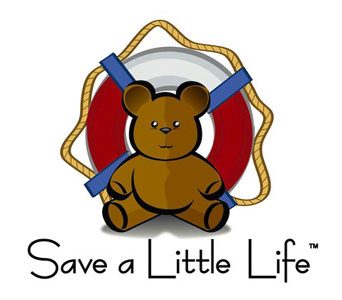The Journal of the American Heart Association recently released results from a study of more than one million mothers that showed there was a significant risk reduction for developing cardiovascular disease or stroke later in life amongst those who breastfed their children.
Compared to women who never breastfed, women who reported breastfeeding at some time in their life had a 11% decreased risk of developing cardiovascular disease, were 14% less likely to develop coronary heart disease,12% less likely to suffer strokes, and 17% less likely to die from cardiovascular disease. Previous research has noted that additional benefits include a lower risk of developing Type 2 diabetes and some cancers.
The WHO recommends exclusive breastfeeding until a baby is 6 months old, followed by breast feeding + complementary feeding until the baby is 2 years or older.
